In the UK, many substances are known by both pharmaceutical and street-slang name. The latter is often used to describe illegal drugs, and a single substance can be given a wide variety of different names and ways of referring to it.
In many cases, the street names for drugs are those which are more well known. However, it is important to know which street names refer to which substances.
This can prevent harm and reduce the risk of substance abuse problems developing. Often, the casual names used to refer to drugs can reduce the caution with which people use them.
Magic mushrooms
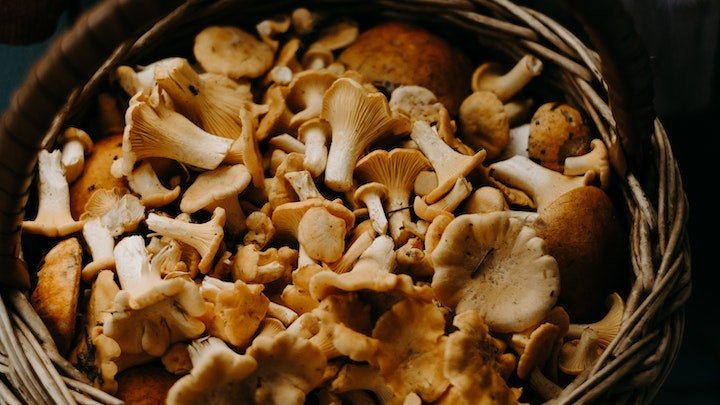
In terms of popularity, ‘magic mushrooms’ is perhaps one of the most famous drug street names across the world. Both in the UK and America, it is a common phrase used to refer to psilocybin, but can also be used more broadly to refer to other hallucinogens.
When consumed, magic mushrooms stimulate receptors in the prefrontal cortex. This causes a spike in serotonin to flood the brain, triggering a high mood and distortions regarding how an individual perceives the world around them.
The most famous effect of this is that individuals will experience hallucinations. However, other effects might include drowsiness, impaired coordination, vomiting, paranoia, and muscle weakness.
Research has also been conducted which suggests that psilocybin can have benefits in terms of treating depression [1].
Coke, crack, and sniff
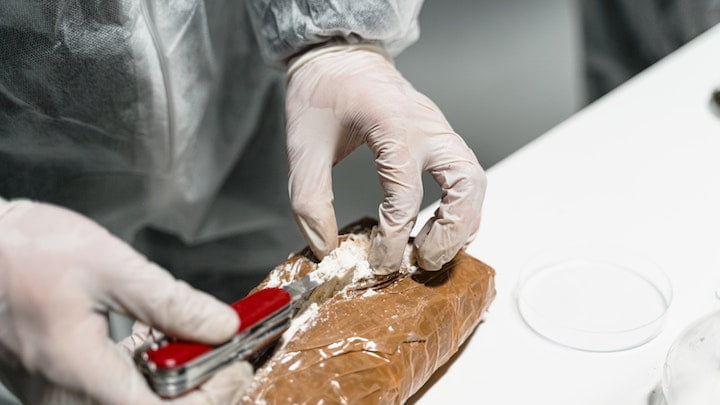
Each of these terms refers to cocaine, but by no means are they the only ones. As drug street names go, cocaine has quite a lot; also including dust, line, and snow. Several of these refer to its white, powdered appearance and the common method of using it via snorting.
Cocaine stimulates the brain and central nervous system, sparking a rush of energy and euphoric feelings. Individuals feel empowered, confident, and impulsive under its influence.
The drug carries several risks and is known to be one of the most dangerous substances an individual can take on a regular basis. Research has found it can create long-term neurological problems, including the brain’s declining ability to cope with stress [2].
Ecstasy or molly
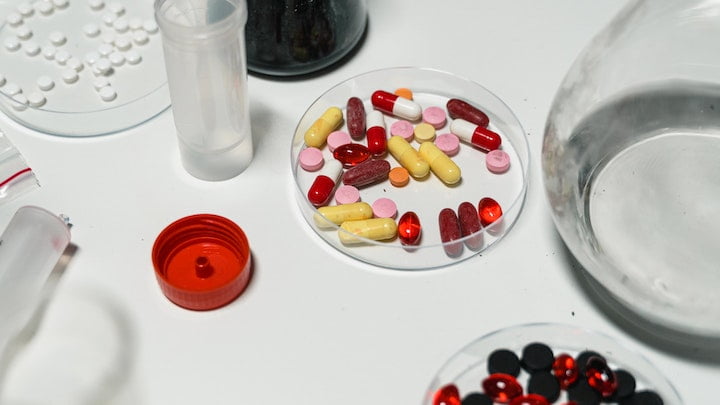
As drug street names go, ecstasy is one that has become so widespread that it is used synonymously with its pharmaceutical name. Molly, on the other hand, is much more casual.
Both of these terms refer to 3, 4-methylenedioxy-methamphetamine, or MDMA. This is a psychoactive drug which can come in several different forms, including pills and a powder.
When taken, MDMA causes a rush of several neurotransmitters in the brain, including serotonin and norepinephrine. These effects combine to boost energy and mood, but can also cause disruptions in sleep and appetite rhythms.
Long-term use of MDMA can affect serotonin regulation in the brain, leading to the development of long-term mental health problems such as anxiety and depression.
Dope, skunk, and smack
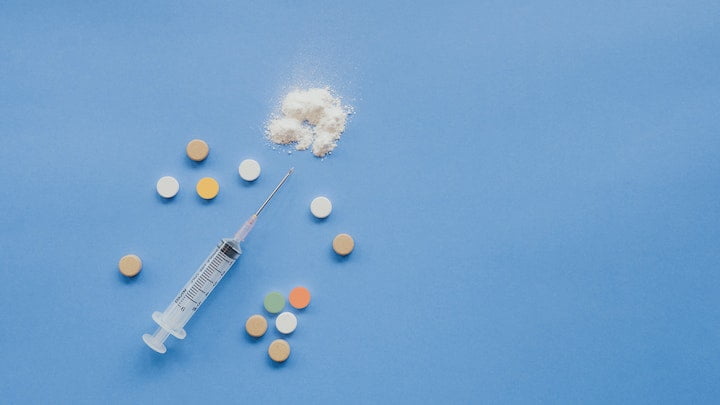
These terms refer to heroin, one of the most dangerous drugs individuals can use. Most commonly injected – but can also be smoked if heated onto foil – heroin has analgesic effects, meaning it dulls pain, creates a state of relaxation, and gives a pleasurable high.
The risks associated with heroin stem from its high abuse potential and the dangers that come when it is mixed with other substances.
Consistent use can affect brain health and functionality [3], and mixing it with other drugs massively increases the risk of overdose.
The common practice of injecting heroin also means that the drug carries needle-related risks. Doing this can lead to skin and muscle damage, as well as infections which result from the use of dirty needles.
Special K
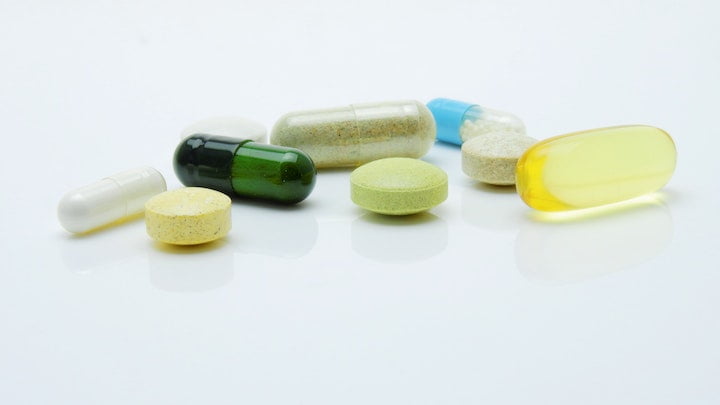
Most drug street names with a ‘K’ in them refer to Ketamine. It is a liquid painkiller, only prescribed in the UK as a last resort when other medications have proven insufficient. As an anaesthetic, it works by blocking pain signals in the brain.
When used correctly, the abuse risk of Ketamine is low. However, it is often abused for its ability to numb negative feelings and provide its users with a state of calm.
Those with mental health problems, therefore, are at risk of using it for these illicit reasons.
Using the drug at the correct dosage limits the possible side effects of Ketamine, but those who abuse it can find themselves experiencing vivid dreams, drastic mood swings, and i.
Weed, grass, and ganja.

Cannabis (or Marijuana) might have the most street names of any substance. Hash, pot, bud, doobie, reefer, skunk, roach: there are so many different ways of referring to it across the world.
As well as its original plant form, cannabis can come in many shapes and sizes. Not only various in its names, but the drug can also come as an oil, grounded leaves, joint, blunt, and buds, all of which can be consumed in different ways.
Despite its many names and appearances, the effects of cannabis are quite consistent. The drug promotes a sensation of calm and happiness, caused by an increase in pleasurable neurotransmitters in the brain.
However, consistent use of cannabis can lead to problems with the very same things its initial consumption treats. Individuals can experience sleep and mood problems, and those who take it to soothe a mental health issue can find it being exacerbated.
Ice, speed, and tina

Crystal Methamphetamine, often shortened to crystal meth, is a stimulant. This category of drug is known for sparking a rapid rise in alertness and energy, but also for its ‘comedowns’ – where the users’ mood drops as the effects begin to wear off.
The method of consumption depends entirely on the form in possession. Powder can be snorted, tablets can be swallowed; and unlike other substances of the amphetamine family, crystal meth can be smoked.
Substance abuse is common among crystal meth users, and its consistent consumption can lead to several health problems. For example, as a stimulant, the drug quickens heart rate; an effect which can increase the risk of heart attack.
Other long-term effects include:
- Lower libido
- Psychosis symptoms, including paranoia
- Increased risk of stroke
- Organ failure, particularly affecting the lungs, and kidneys
- Increased risk of coma
- Long-term brain damage
Spice

A term often used in the media; ‘spice’ refers to synthetic cannabinoids. They can come as a powder, or can be transformed into a liquid and sprayed onto paper.
Although spice was originally supposed to provide similar effects to cannabis, it proved far more dangerous.
The risk of spice stems from the unpredictability of its effects. Different individuals can react differently to the drug, and the range of possible effects on their health includes many dangers and life-changing problems.
Examples include:
- Heart problems and chest pain
- Seizures
- Psychosis symptoms
- Anxiety
- Suicidal thoughts and impulses
- Vomiting
- Diarrhoea
- Kidney problems
- Lung problems and breathing challenges
When smoked, spice can also damage sensitive tissues in the lungs, creating long-term health problems.
Juice, hooch, and sauce

Although we don’t particularly use too many street names for it in the UK, these are all terms for alcohol. Most people might prefer to use more literal terms for alcoholic beverages, such as cans, pints, or bottles.
Alcohol is consumed all over the world as a recreational substance in times of celebration and fun, but it carries many risks with it. Individuals can become dependent on alcohol, and its consistent consumption can cause organ damage and increase the risk of various cancers.
Controlling alcohol consumption is something many people struggle with, but the NHS suggests several techniques for doing this. They include keeping to the advised unit limits (14) and spreading out drinking days amongst more numerous sober ones.
Zannies/Xannies
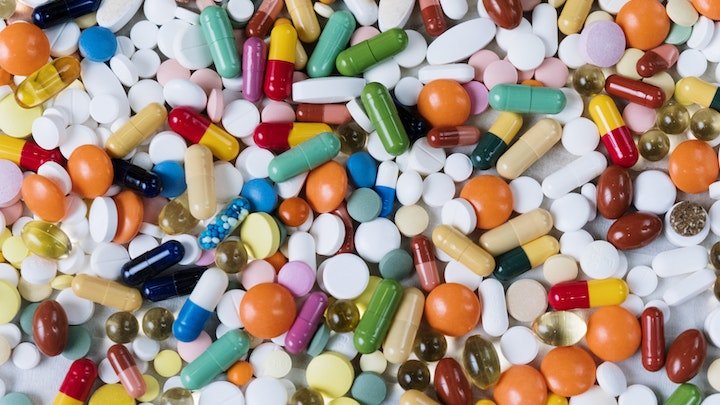
A play on the brand name Xanax, these street names refer to Alprazolam. Belonging to the benzodiazepine drug family, Xanax is often prescribed as a means of treating insomnia and calming the seizures of those with epilepsy [4].
Although safe to use when prescribed, Xanax carries several risks when used without supervision or medical need. Individuals can consume too much and suffer overdoses, and consistently using it can lead to the development of physical dependence on the drug.
LSD, lucy, and acid

Most commonly known by its initialisation, lysergic acid diethylamide (LSD) is a hallucinogenic drug. Like magic mushrooms, it originates from a type of fungus (ergot), but is so well known that it warrants its own mention in this list.
The most common form of taking LSD is via blotters, a sheet of paper upon which the drug is dripped as a liquid. These sheets of paper are then usually cut into tabs which are taken orally.
Like magic mushrooms, LSD can cause sensory hallucinations. The drug can also trigger ‘bad trips’, however, which result in frightening or distressing hallucinations alongside feelings of panic, anxiety, and depression.
The hidden danger of drug street names
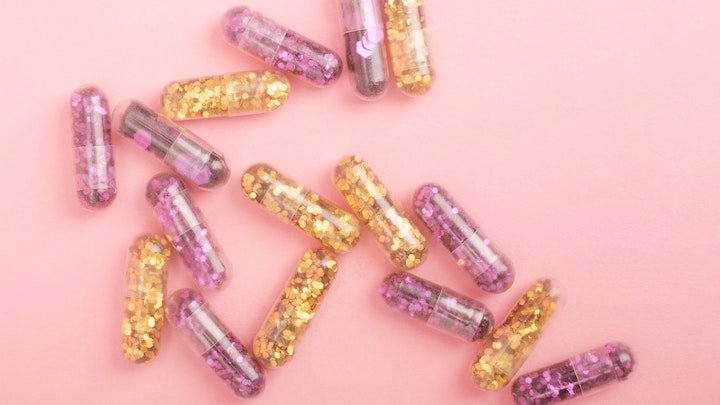
Drug street names provide multiple functions. They make substances more accessible and memorable, with long, pharmaceutical names not needing to be memorised if individuals want to refer to or talk about them. However, they can also have a dangerous impact.
Using a street name creates a distance between the substance and an individual’s understanding of it. Referring to something by a casual name takes away the medical reality of using a substance, which can skew a person’s perception of what they’re doing.
Take ketamine for example. The drug is a medication, designed and manufactured in order to help people deal with pain and seizures so that they can live their lives as normally as possible. Referring to it as ‘Special K’ skews this reality.
In calling it this, individuals can forget the intended effects of the drug and consider it as a commodity to be used casually and without caution. This can lead to side effects and long-term health consequences being ignored or not considered at all, and this is dangerous.
Struggling with substance abuse: how to get help

Becoming disillusioned with the real-life effects and risks of drug use can leave individuals at risk of becoming addicted to them. A large reason why addicted individuals lose control in the first instance is that they do not anticipate the dangers of substance use.
For those who fall into substance abuse, there are support options out there.
Treatment is readily available up and down the UK, and there are additional support services which can both build upon and complement addiction recovery services.
Substance abuse rehab
To treat addiction, individuals will need to go through rehab. This is a multi-stage treatment process that looks to help individuals overcome the cravings they have for a substance and equip themselves for living a sober lifestyle in the long term.
Stage 1: detox
Physical dependence plays a large role in a lot of addictions. Alcohol and heroin dependencies, for example, impact the body a great deal, locking individuals into consuming them regularly in order to avoid uncomfortable and painful withdrawal symptoms.
In order to relieve individuals of this, detox has them gradually reduce their substance use and facilitate the body’s ability to cope with being sober.
Detox should always be conducted under the supervision of a medical team. Not only does this ensure that the process is paced to be as effective as possible, but it also allows benzodiazepines to be given in instances where withdrawal arises and suspends progress.
Stage 2: Therapy
Psychological dependence is a part of all addictions. Regardless of whether the substance itself influences body chemistry, every addiction will involve an individual thinking and feeling as though they cannot cope without consuming a certain drug.
Therapy helps individuals address and engage with the triggers which motivate their substance use. Every person’s triggers are different in nature, but therapy adjusts its structure and approach to accommodate for this variation and offer support.
For example, many people struggle with their thought processes which consistently consider substance use to be the rational thing to do. Cognitive Behavioural Therapy (CBT) targets this trigger, helping individuals break such patterns and behave freely of their influence.
Stage 3: relapse prevention
Once physical and psychological cravings have been addressed, the focus of rehab shifts to the future. How will the lessons, routines, and perspectives developed in rehab be protected going forward? How will triggers be managed without the support of therapists?
Relapse prevention employs several techniques to help individuals prepare for their new life. They often centre around predicting where triggers will exist in their routines – which has usually been established during therapy – and planning how to reduce their influence.
If, for example, an individual has a friend who always encourages them to use drugs, relapse prevention will provide them with ways to handle this. Contact with this individual might be reduced, or a friend might be relied on for support when temptation surfaces.
Aftercare services
For those who have been through addiction rehab, there is additional support available in the form of aftercare services. These are activities on offer which look to support recovering individuals in different ways as they continue engaging with their cravings.
Aftercare services often specialise on certain substance use disorders, and approach recovery in more linear ways to support those who benefit from a certain style of support.
Alcohol anonymous meetings, for example, support those recovering from alcoholism and help them stay sober. Individuals are supported by a group leader and other attendees, and everyone contributes to an atmosphere of mutual experience and care.
Get support from OK Rehab
If you are using a substance that you heard about via its street name, it’s important that you do your research and understand the risks that using it brings. If you are uncertain about anything, you can also reach out to us and let us help you.
At OK Rehab, we have all the information you might need, as well as the expertise to guide you in seeking more tailored information or addiction recovery services.
If you need our help, don’t hesitate to get in touch. Give us a call on 0800 326 5559!
References
[1] https://maudsleybrc.nihr.ac.uk/stories-of-research/psilocybin-assisted-therapy-for-depression/
[2] https://nida.nih.gov/publications/research-reports/cocaine/what-are-some-ways-cocaine-changes-brain
[3] https://nida.nih.gov/publications/research-reports/heroin/what-are-long-term-effects-heroin-use
[4] https://ukhsa.blog.gov.uk/2018/07/30/alprazolam-xanax-what-are-the-facts/





